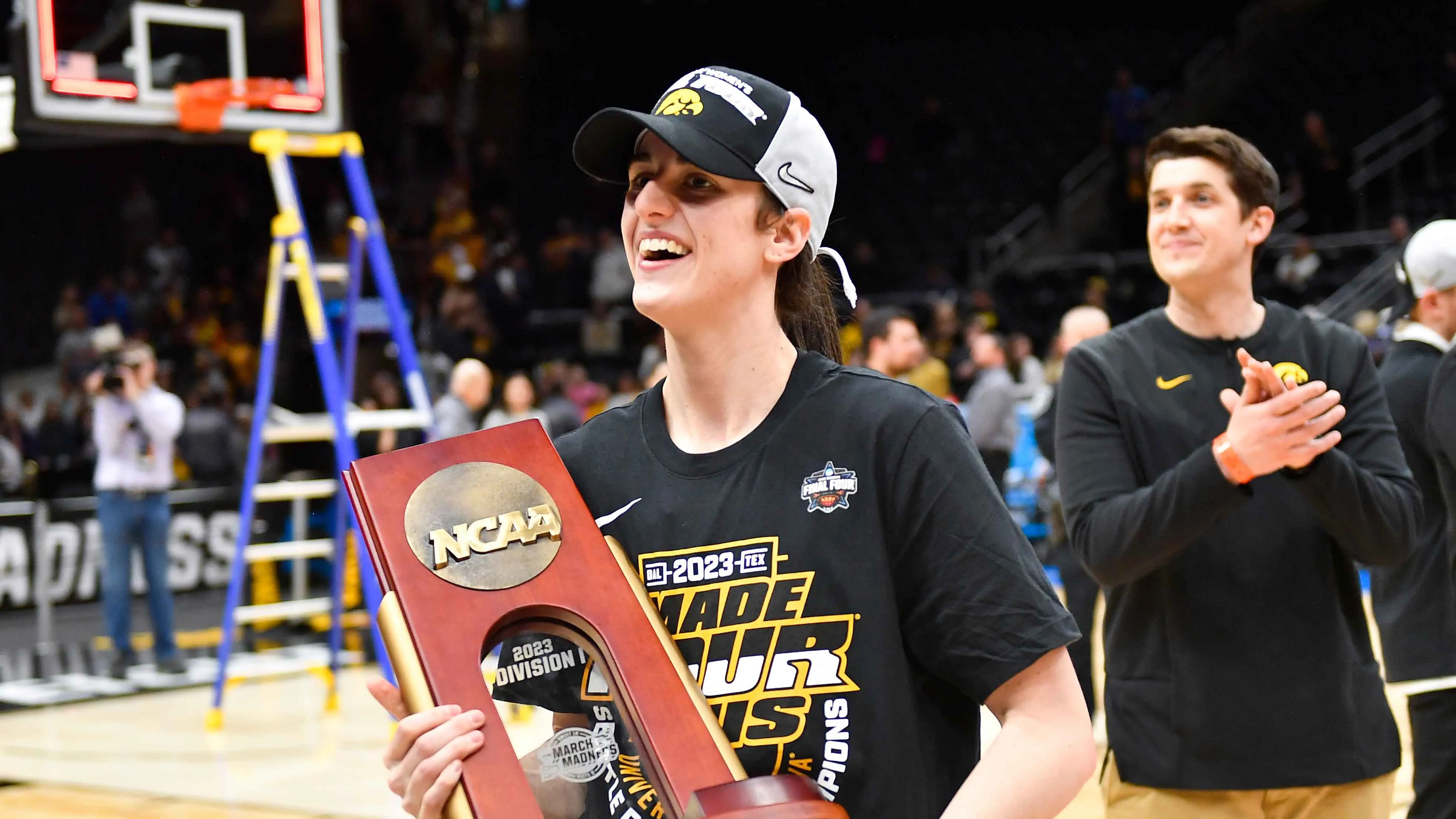
This week, the Maxwell Football Club announced the selection of Archie Manning as the winner of the Reds Bagnell Award presented annually for contributions to the game of football.
It is a great choice because it is hard to think of anyone who has represented the game better than Manning, the patriarch of pro footballs first family. He is best known as the father of Peyton and Eli, both Super Bowl champions, but Archie was a great player as well.
As good as Peyton and Eli were as college quarterbacks, Archie was better. Archie was the second-best college quarterback I ever saw. The only one Id put ahead of him was Roger Staubach at Navy. Archie was a folk hero at the University of Mississippi and, in the football-mad South, he remains one today.
Stay in the game with the latest updates on your beloved Philadelphia sports teams! Sign up here for our All Access Daily newsletter.
Archie had a stronger arm than either of his sons and was a better runner. As a junior, he led Ole Miss to an 8-3 record and an upset of Arkansas in the Sugar Bowl. He was so popular, a Mississippi food chain began selling Archie Burgers and a country song (The Ballad of Archie Who?) was written in his honor. His No. 18 jersey is the only one retired at Ole Miss.
The greatest tribute was the one offered by Alabama coach Bear Bryant who said: There may never have been the equal in college football to Archie Manning.
The Bear saw first-hand what Manning could do. In a 1969 game against Alabama, Manning passed for 436 yards and two touchdowns and ran for 104 yards and three touchdowns. The Crimson Tide escaped with a 33-32 victory, but Mannings heroic performance was all anyone remembers.
Manning could hurt you in more ways than any other quarterback Ive ever seen, said Bryant who coached George Blanda, Joe Namath and Ken Stabler, to Pro Magazine. He could roll out, sprint out, drop back and throw while scrambling. He had a strong arm, a quick release and he could run like the wind.
News
But his most important assets were his leadership and his ability to win the close games by the force of his personality and talents. For the total package, I dont think anyone offered what Archie did.
Archie never enjoyed the success his sons did at the NFL level. He was the second pick in the 1970 draft by the New Orleans Saints. He thought it was good fortune to be drafted by a team so close to home (Drew, Miss.) but it proved to be more like a prison sentence.
The Saints were a sorry excuse for a franchise, horribly mismanaged top to bottom, and there was no way out. This was before free agency so Manning was trapped there for 11 seasons, playing for seven head coaches and never once finishing above .500.
Manning won the undying admiration of the fans for the grit he displayed, taking a fierce beating every week but never giving up. In 1978, he was named NFC Player of the Year and led the conference in passing even though the Saints finished just 7-9. He almost certainly would have had a great careermaybe a Hall of Fame careerif he was drafted by a better team, but he wasnt that fortunate.
Archie never made it to the playoffs, but he reveled in watching his sons lead the Indianapolis Colts and New York Giants to Super Bowl victories in back-to-back seasons and earn MVP honors in the two championship games.
It is a story unlike any other: A father is the second overall pick in the NFL draft and jokingly refers to himself as an underachiever because his sons were each the No. 1 pick. Soon, three franchisesNew Orleans, Indianapolis and the Giantswill have a Manning as their all-time passing leader. Archie and Peyton are there already and Eli is on his way.
All three Mannings have been honored by the Maxwell Club. Peyton, who played at the University of Tennessee, won the Maxwell Award as College Player of the Year and twice won the Bert Bell Award as Pro Player of the Year. Eli, who followed in Archies footsteps at Ole Miss, won the Maxwell Award. Now Archie wins the Bagnell Award.
The Bagnell Award recognizes more than football achievement. It honors those whose character and integrity bring credit to the game. Archie qualifies on all counts. His charity work is legend in the New Orleans area and he added yet another chapter when he helped lead the relief effort following Hurricane Katrina in 2009.
Manning will receive his award at the Maxwell Clubs 75th anniversary dinner at Harrahs Atlantic City Resort March 2, 2012. Tickets will be available for purchase on the Maxwell Football Club website www.maxwellfootballclub.org beginning in October.
Canton, at last
It was a wonderful weekend in Canton, Ohio, celebrating the enshrinement of the 2011 Class of the Pro Football Hall of Fame. For me, the highlight was seeing NFL Films founder Ed Sabol take his rightful place among the greats who built the game.
Ill admit to a certain bias since I worked for NFL Films for 13 years, but this was an honor long overdue. My only regret is I did not get Big Ed into the Hall in my 15 years on the selection committee. Congratulations to Paul Domowitch of the Daily News who succeeded me as the Philadelphia voter and finally got it done, but it should not have taken this long.
When you think about those who have left an indelible mark on the game, Sabol is at the front of the line. He created NFL Films and his vision popularized pro football for generations of fans. All the images you associate with the gamethe Lynn Swann leaps, the Barry Sanders runs, the Joe Montana spiralsrepresent the artistry of the Sabols, Ed and his son Steve, the company president.
Now 94, Big Ed took the stage in a wheelchair pushed by Steve. Before he lifted the cover off his fathers Hall of Fame bust, Steve kissed Ed gently on the head. It was a beautiful moment that spoke volumes about their relationship and what this honor meant to their family and the company that has defined them for half a century.
More than 150 NFL Films employees, past and present, made the trip to Canton. Many of the menand even some womenwore red socks as a tribute to Big Ed. Red socks are his trademark.
Steve served as presenter for his father. As Jimmy Murray, the former Eagles general manager, said: Next year it should be Big Ed presenting Steve (for induction). That would be fitting, indeed.
Going long
The Hall of Fame instructs the honorees to keep their acceptance speeches to 10 minutes. I guess not everyone got the memo this year because some people went on and on.
Marshall Faulk talked for almost 35 minutes. Shannon Sharpe went for 26. Deion Sanders spoke for 24 and a half minutes. Richard Dent went 17 minutes. Chris Hanburger was almost terse at nine minutes, three seconds.
Ed Sabol, bless him, spoke for two minutes and 57 seconds.
Sharpes speech was long, but very good. He got off the most memorable line when he pointed to his brother, former Green Bay receiver Sterling Sharpe, and said: Im the only pro football player thats in the Hall of Fame and the second-best player in my own family.
E-mail Ray Didinger at viewfromthehall@comcast.net


